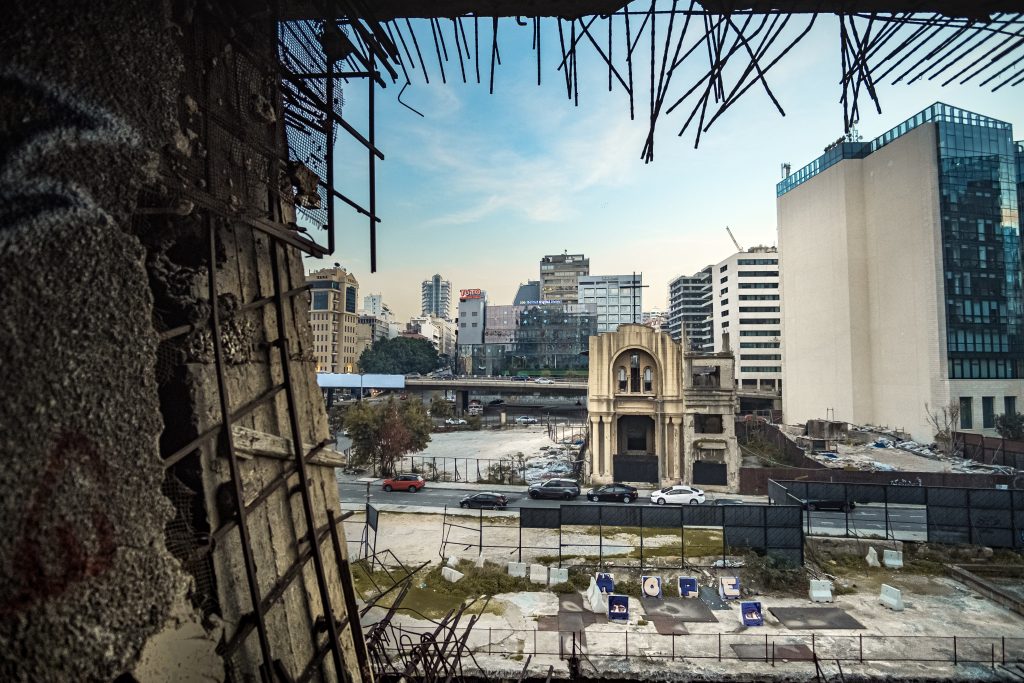Upcoming Conferences
Call for papers for the 1st “Healthcare and multiple crises” Conference, 7-8 July 2022
Keynote Speaker: Elizabeth Rider
Abstract Due Date: 8 June 2022
RegisterThis conference brings together academics, researchers, clinicians, practitioners, educators, business people, and others from a wide variety of fields, for a collaborative, multidisciplinary exploration of the ways in which crises like the pandemic, in combination with other crises, impact the provision and experience of healthcare. All abstracts are peer-reviewed. Themes and issues for the conference include, but are not limited to:
Stream A: Multiple crises and healthcare in developed economies
The pandemic brought uncertainty to markets, jobs, governments and civil society, hitting economies, and restricting care for patients with conditions other than Covid-19. As American power wanes, China has begun its geopolitical rise. AI is reducing employment, and raising privacy concerns. Fincnaicl anxieties reflect our failure to fix the causes of the 2008 economic crisis. Climate change, and refugee flows burden governments. Multiple crises include conflict, poverty, food security, flood, drought, natural or environmental disasters, water and power supply, water purity, destruction of housing and population displacements? How do they impact healthcare provision? How does international donor fatigue impact this situations? Given our weakening institutions, can risk management techniques be used to handle these problems? How shall we model system resiliency? Given resource limitations, how should we do contingency planning? What factors promote regional cooperation? What do equity, transparency, and accountability look like, in multiple crises? How should we prioritise healthcare, in the midst of them? We welcome scholarly papers on these and related questions. We also welcome experience narratives, case studies, and situation reports from members of the public, people working in any involved field, and specialists including but not limited to medical practitioners, engineers, architects, managers and administrators, business people, psychologists, teachers, solicitors, economists, accountants, and people working in other areas. You can find more information on this here.
Stream B: Journalism
How are crises covered, in variou media? What are issues with language, image and sound, in covering crises? In covering the pandemic? How do accounts in the mainstream, alternative and legacy media differ? How do local, global and photojournslism differ, in covering crises? What are the challengesin in covering crises, and in communicating these realities? How should we balance freedom in reporting with reporting standrds, the proliferation of genres, factuality and standards, when covering crises?
We welcome scholarly papers on these and related questions. We also welcome experience narratives, case studies, and situation reports from members of the public, journalists, and people working in any involved field. We believe these lived experiences will illuminate the complexities and practical challenges of multiple crises. You can find more information on this here.
Stream C: Lebanon’s multiple crises: What can we learn?
On August 4, 2020, an explosion in Beirut’s port injured thousands. Since then, as the Lebanese economy has moved towards default and failure, its hospitals are critically underfunded, and inflation has created food insecurity. The background to these challenges includes long-standing public dissatisfaction with the political class, widespread protests, Syrian refugee arrivals and tensions between Hezbollah, Israel, Saudi Arabia, and the Gulf. What are the impacts of multiple crises on Lebanese healthcare? What can we learn from tiny, resilient Lebanon, about handling multiple crises? We welcome scholarly papers on these and related questions. We also welcome experience narratives, case studies, and situation reports from members of the public, people working in any involved field, and specialists including but not limited to medical practitioners, engineers, architects, managers and administrators, business people, psychologists, teachers, solicitors, economists, accountants, and people working in other areas. We believe these lived experiences will illuminate the complexities and practical challenges of multiple crises. You can find more information on this here.
Stream D: Data analytics and the pandemic
In order to find out how the pandemic is interacting with multiple crises, we are soliciting papers from teachers, lecturers and professors. These papers use structured interviews, and evaluate the data with content analysis software. Conference participants interested in cooperating with this effort will publish papers in a journal special issue with HEDRA advisory board members. If you are interested in this, please click here.
The conference welcomes abstracts from academic, researchers, people working in media, computing, social sciences, healthcare, and business, as well as those working in interdisciplinary and interprofessional fields, and others. Participants will be able to watch a plenary session and video messages from various distinguished guests, and participate in a live-stream roundtable, and a conference roundtable discussions.
Register
